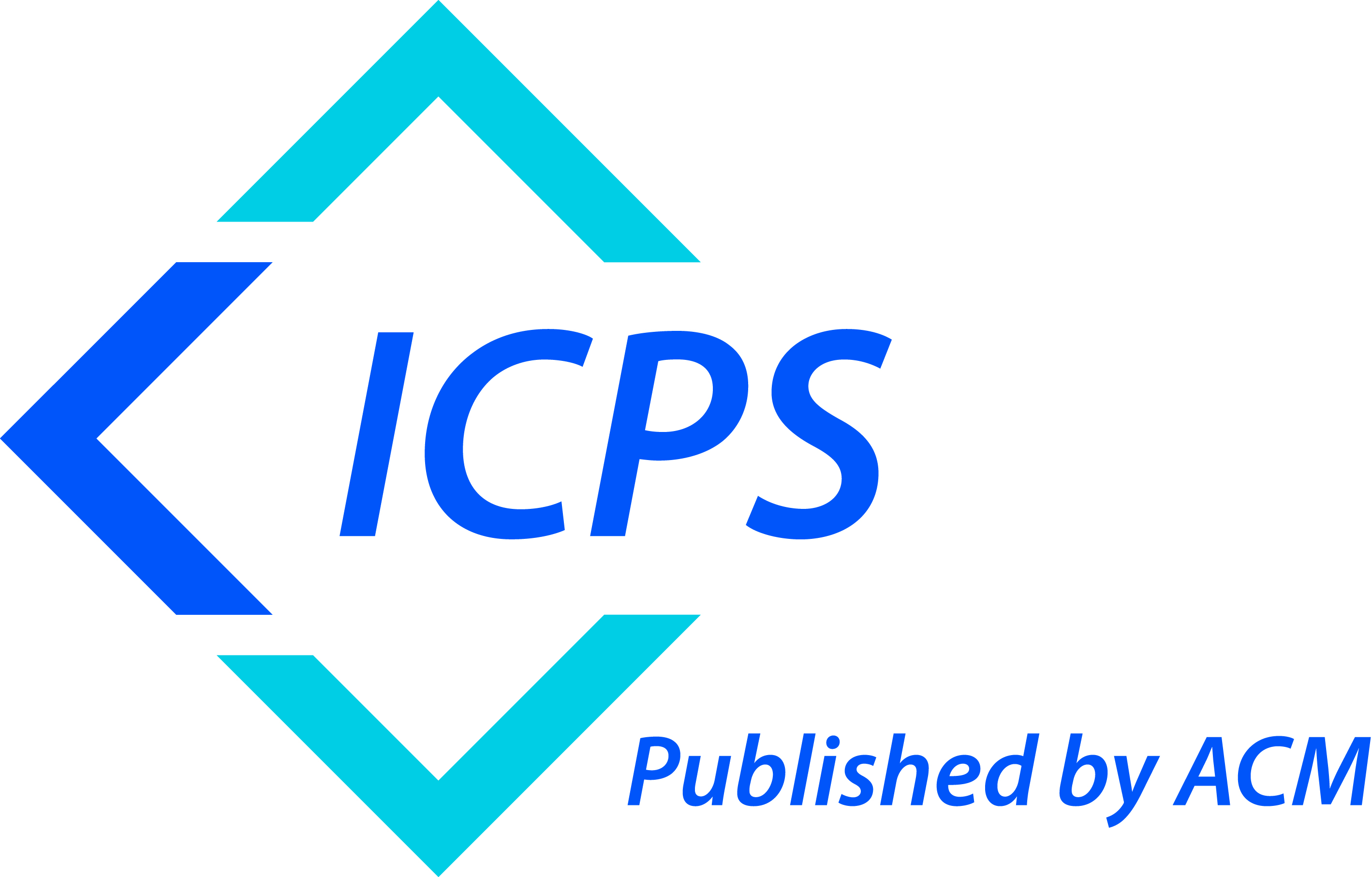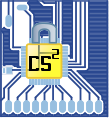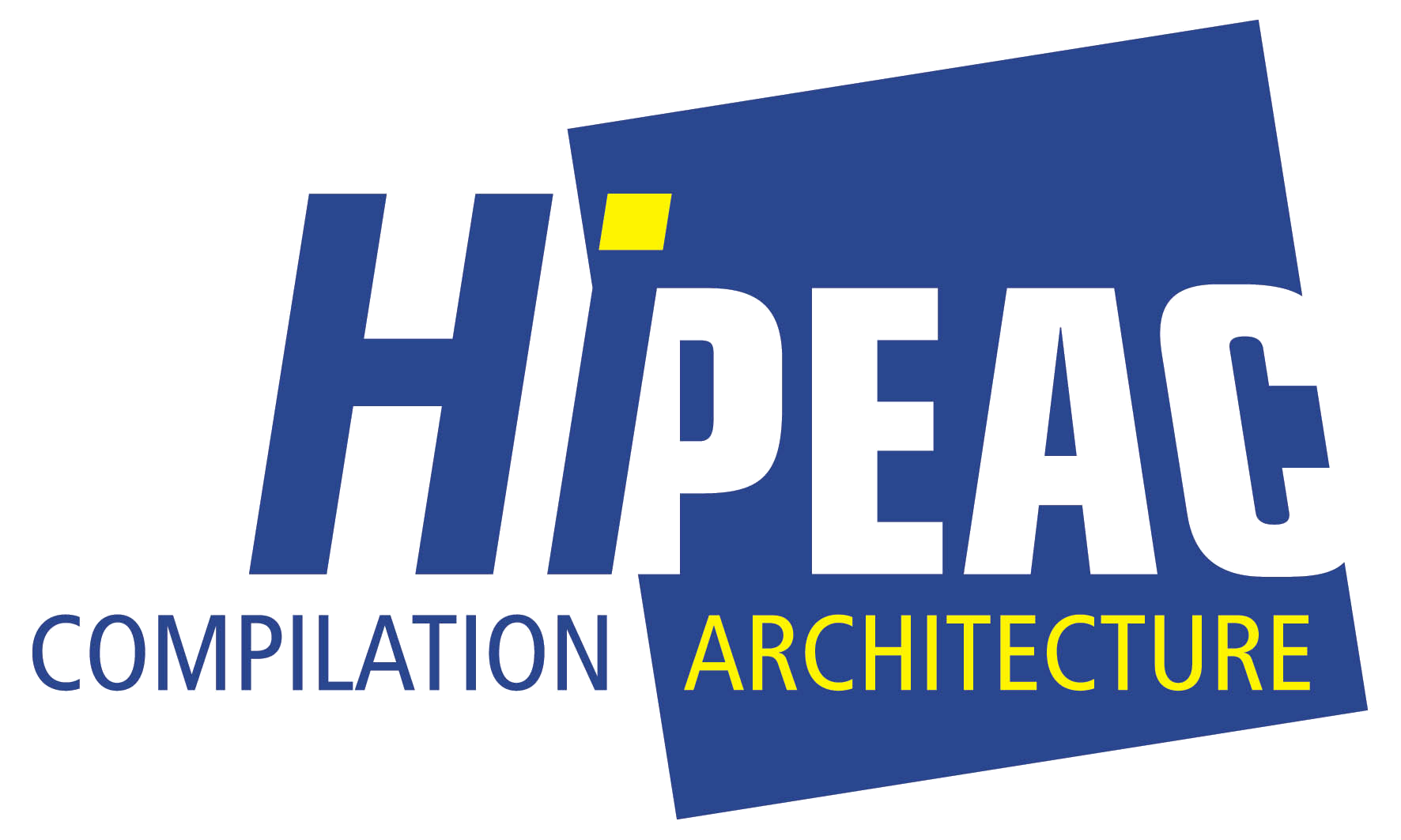Scope of the Workshop
The wide diffusion of embedded systems, including multi-core, many-core, and reconfigurable platforms, poses a number of challenges related to the security of the operation of such systems, as well as of the information stored in them.
Malicious adversaries can leverage unprotected communication to hijack cyber-physical systems, resulting in incorrect and potentially highly dangerous behaviours, or can exploit side channel information leakage to recover secret information from a computing system. Untrustworthy third party software and hardware can create openings for such attacks, which must be detected and removed or countered. The prevalence of multi/many core systems opens additional issues such as NoC security. Finally, the complexity on modern and future embedded and mobile systems leads to the need to depart from manual planning and deployment of security features. Thus, design automation tools will be needed to design and verify the security features of new hardware/software systems.
The workshop is a venue for security and cryptography experts to interact with the computer architecture and compilers community, aiming at cross-fertilization and multi-disciplinary approaches to security in computing systems.
Topics of interest include, but are not limited to:
Topics of interest include, but are not limited to:
- Compiler and Runtime Support for Security
- Cryptography in Embedded and Reconfigurable Systems
- Design Automation and Verification of Security
- Efficient Cryptography through Multi/Many core Systems
- Fault Attacks and Countermeasures, including interaction with Fault Tolerance
- Passive Side Channel Attacks and Countermeasures
- Hardware Architecture and Extensions for Cryptography
- Hardware/Software Security Techniques
- Hardware Trojans and Reverse Engineering
- Physical Unclonable Functions
- Privacy in Embedded Systems
- Security of Embedded and Cyberphysical Systems (Medical, Automotive, Smartgrid, Industrial Control)
- Security of Networks-on-Chips and Multi-core Architectures
- Trusted computing
Important Dates
- Paper Submission:
November 15, 2015November 22, 2015 - 23:59 (UTC) (Extended deadline) - Acceptance Notification: December 18, 2015
- Camera Ready Version:
December 21, 2015December 29, 2015
Information for authors
All submissions must be written in English, and should be anonymized. All papers will be double-blind refereed.
Regular submissions should be at most 6 pages in the ACM double-column
format including bibliography.
Please, use the following template when preparing your manuscript:
http://www.acm.org/publications/article-templates/proceedings-template.html
Authors must submit their papers (in PDF format) by the deadline indicated above, using the EasyChair web site:
https://easychair.org/conferences/?conf=cs2
Authors must submit their papers (in PDF format) by the deadline indicated above, using the EasyChair web site:
https://easychair.org/conferences/?conf=cs2
Publication
 Papers will be included in the ACM Digital Library as part of the International Conference Proceedings Series, with a specific ISBN.
At least one author of each accepted paper must register to the HiPEAC conference, by the early date indicated by the organizers, and present the paper.
Papers will be included in the ACM Digital Library as part of the International Conference Proceedings Series, with a specific ISBN.
At least one author of each accepted paper must register to the HiPEAC conference, by the early date indicated by the organizers, and present the paper.

Organizing Committee
- Gerardo Pelosi
Politecnico di Milano - Alessandro Barenghi
Politecnico di Milano - Israel Koren
UMass Amherst - Giovanni Agosta
Politecnico di Milano
Program Committee
- Giovanni Agosta
- Politecnico di Milano
- Isaac Agudo
- NICS Lab at University of Malaga
- Alessandro Barenghi
- Politecnico di Milano
- Lejla Batina
- Radboud University Nijmegen
- Andrey Bogdanov
- Technical University of Denmark
- Rainer Buchty
- TU Braunschweig
- Hervé Chabanne
- Morpho
- Alessandro Cilardo
- Univ. of Naples Federico II
- Fabrizio De Santis
- Technische Universität München
- Giorgio Di Natale
- LIRMM
- Alberto Ferrante
- ALaRI, Università della Svizzera italiana
- Leandro Fiorin
- IBM Research
- Paris Kitsos
- Technological Educational Institute of Western Greece
- Israel Koren
- UMass Amherst
- Vianney Lapotre,
- Univ. Bretagne Sud
- Gerardo Pelosi
- Politecnico di Milano
- Francesco Regazzoni
- ALaRI - USI (Switzerland)
- Bruno Robisson
- CEA
- Erkay Savas
- Sabanci University
- Joern-Marc Schmidt
- Institute for Applied Information Processing and Communications, Graz University of Technology
- Nicolas Sklavos
- University of Patras
- Leonel Sousa
- INESC-ID, IST, Universidade de Lisboa
- Christos Strydis
- Erasmus Medical Center, The Netherlands
- Yannick Teglia
- STMicroelectronics
